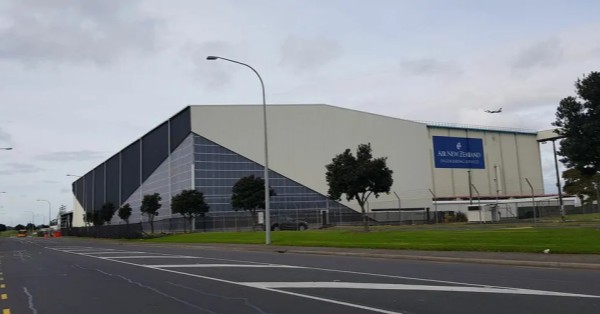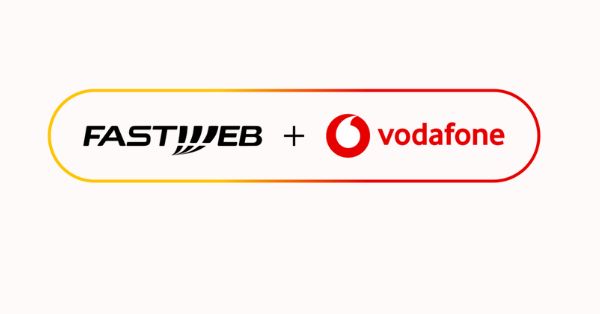In today’s competitive global marketplace, boosting the efficiency of supply chains is essential for business sustainability and success. The integration of Artificial Intelligence (AI), particularly Generative AI, is ushering in significant enhancements in supply chain management. AI’s remarkable capability to process extensive datasets, foresee trends, and streamline operations is setting new benchmarks for efficiency and innovation.
This digital shift is in line with the increasing focus on sustainability by businesses, aiming to lessen their environmental impact through more sustainable supply chain practices.
Enhancing Demand Forecasting with Generative AI
Generative AI is redefining demand forecasting, a vital aspect of supply chain management. Traditional forecasting methods often fall short in capturing the complexities of today’s markets. By analyzing extensive, real-time data from diverse sources, Generative AI offers deeper insights into market dynamics. This results in more precise predictions by considering various factors like social media trends, weather conditions, and economic indicators, which in turn facilitate improved “just-in-time” production and optimal inventory management for seasonal products, enhancing both efficiency and sustainability.
Optimizing Inventory Management Using AI
AI-driven demand forecasting integrates seamlessly with AI-powered inventory management, establishing a robust foundation for supply chain optimization. Generative AI’s real-time analysis of inventory levels, product movement, and demand patterns allows businesses to refine their inventory strategies effectively. This includes predicting sell-through rates at specific locations, pinpointing performance variances among products, and suggesting targeted promotions. Additionally, AI supports dynamic pricing strategies that adjust prices based on demand fluctuations to enhance ROI and minimize warehousing costs and waste.
Improving Supplier Relationships via AI
AI also significantly enhances supplier relationship management. AI tools provide detailed evaluations of supplier performance, monitoring metrics such as defect rates, delivery times, and reliability. This data-driven approach facilitates the alignment of supply chain operations with broader corporate goals, including sustainability and ethical sourcing.
Advancing Logistics and Transportation with AI
AI significantly improves logistics and transportation, crucial components of supply chain operations. AI algorithms can determine the most efficient delivery routes, taking into account factors like traffic patterns, fuel costs, and delivery schedules. This not only reduces transportation costs but also minimizes environmental impacts and ensures timely deliveries. In warehouses, AI optimizes logistics by enhancing storage and picking processes, as demonstrated by companies like Ocado and Amazon, which utilize AI-driven robotics for automated operations.
Transforming Quality Control through AI
AI-powered inspection systems are transforming quality control via machine vision technology. For instance, Fujitsu‘s Computer Vision solutions employ AI to detect defects more quickly and accurately than manual methods. Early detection of flaws in manufacturing and logistics processes ensures that only high-quality products proceed through the supply chain, reducing the likelihood of returns and boosting customer satisfaction.
Supporting Sustainability and Ethical Practices in Supply Chains
As the demand for sustainable and ethical practices heightens, AI has become an indispensable tool for achieving these goals. AI monitors and analyzes the environmental impact of supply chain activities, aiding in informed decision-making to reduce carbon footprints and resource consumption. Moreover, AI enhances transparency and accountability in supply chains by monitoring labor practices and regulatory compliance, ensuring ethical sourcing and socially responsible operations.
Ensuring Safety and Sustainability in Food and Pharmaceutical Supply Chains
In critical industries like food and pharmaceuticals, AI is essential in ensuring safety and sustainability. These technologies also play a crucial role in minimizing food waste by preventing unnecessary discards, further contributing to sustainable supply chain practices.
The incorporation of AI, especially Generative AI, into supply chain management marks a significant transformation, enhancing efficiency, cutting costs, and improving customer satisfaction. Organizations that adopt AI-driven supply chain strategies not only set themselves up to excel against competitors but also pave the way in sustainable practices.



























